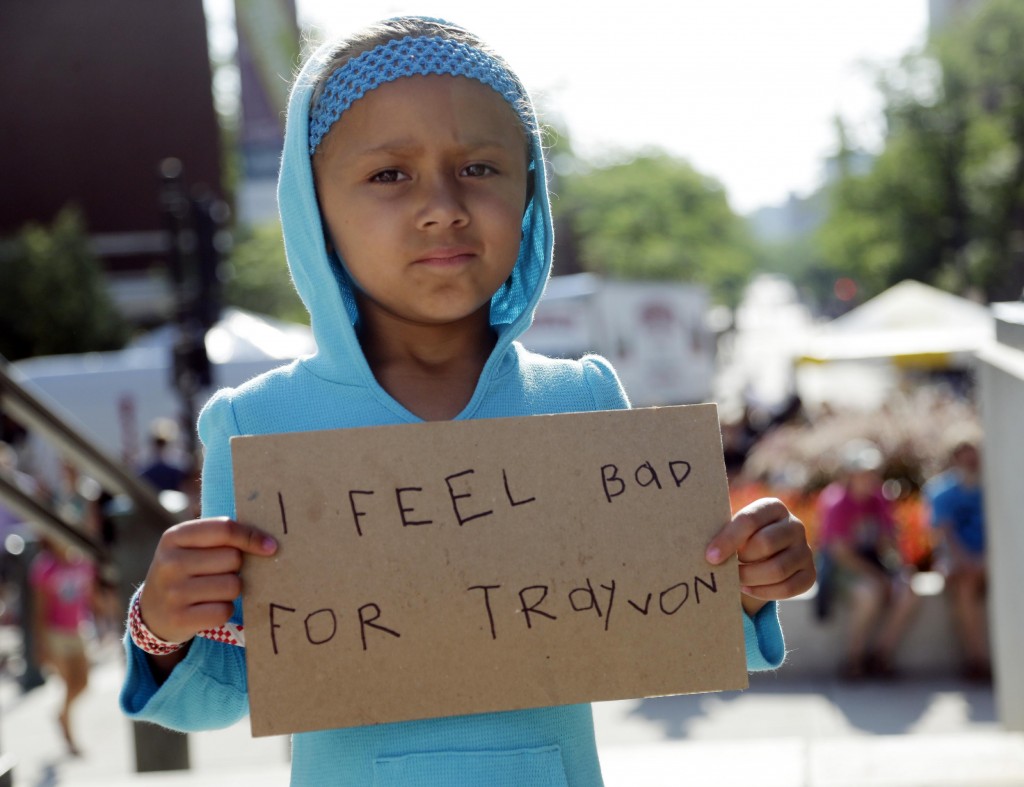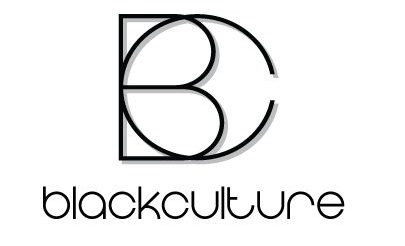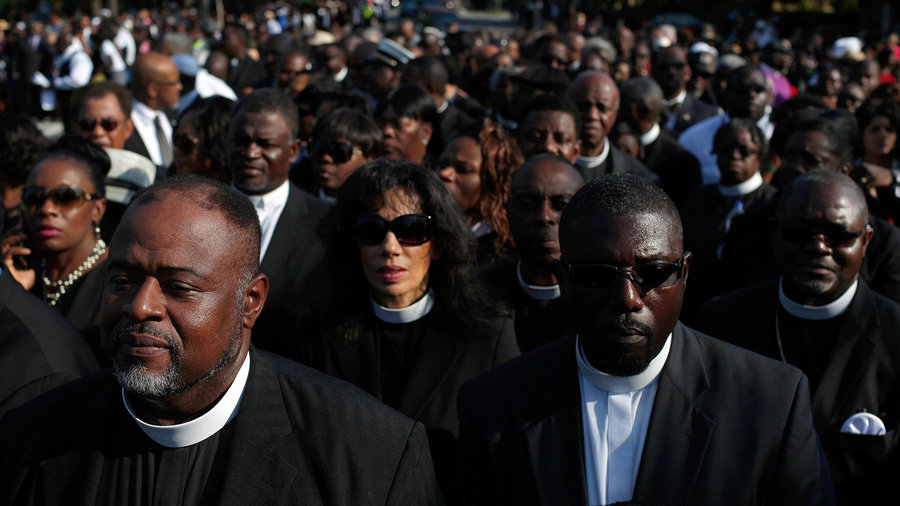
Black Injustice from a Teen’s Point of View
I will never forget the moment I heard the Zimmerman verdict. Standing over the stove cooking dinner, my friend sent the text “Zimmerman was found not guilty.” Immediately, my heart dropped and I felt chills run through my body. There are no words that can properly convey the flush of emotion I felt as soon as I read the words “not guilty.” Even though my food was not finished, I cut off the stove and turned on the TV. The CNN reporter’s face was drained and not once did he try to hide his obvious discontent. “Reporting live to the court room” were his nonchalant words spoken from a mouth full of hidden curses. As I watched Zimmerman smile and hug his attorneys, tears came to my eyes as anger welled up inside of me. My head hurt, being overwhelmed with mixed feelings of hatred, sorrow, and genuine insecurity. I had been following this case since it began. Everything proves that Zimmerman had no right to take this child’s life. Was it not self-defense for Trayvon to defend himself from a stranger when he was just walking home? Being 18 at the time, I struggled to contemplate just how little progress we have made as a nation.
Black consciousness has been instilled in me since childhood. The ideologies of Malcolm X, MLK, Assata Shakur, Angela Davis, Stokely Carmichael, and others, were taught to and researched by me so that I could gain a sense of pride in my heritage. All of these people contributed in the struggle for freedom and my parents never put it past me that my freedom came without a price. However as I sat watching the TV, the grim reality hit me. How long must this go on until we are truly free? It seems like the constant question in white America is “blacks have their rights, so what else do they want?” The counter question I have for them is, “just what limits come with these so-called rights?”
As a black teen, I would like to know how it feels to not have to endure the conflicting shame and anger of a white woman clutching her purse or locking her car door whenever I or a group of my friends walk past. I would like be able to confidently look my black friends in the eye when something like this happens, and not feel the tension between us; unwilling to discuss the resentment, shame, and hurt of similar race-based experiences. Despite our generation gap, these types of experiences still lead to the possibility of death. I would love to know how it feels to not sit in a room in bitter silence, empathizing with the pain of someone you might not have known, and will never have the opportunity to know due to their untimely death, but you know too well the trials and feelings they might have felt. Yet, most importantly, I would like to be able to feel that my friends and I are safe, that we have every right to defend ourselves in danger and will have the ability to trust that the law will work in our favor.
In light of the recent case against Michael Dunn for the killing of Jordan Davis, there are many striking similarities between the two. One thing that these trials have taught me is that the pride of the adults involved were bruised and it caused them to take the lives of two black teens. The issue is not self-defense, but yet the quiet submission of the black race. It is this sort of subconscious inferiority and submission that is implanted in the minds of our black youth when we witness the outcomes of these cases as well as the other injustices that we encounter.
I’ve learned from Malcolm X that “a man who stands for nothing will fall for anything.” That is the reason I am writing this—to present my stand. No longer can we let this injustice last. Equality must be well-rounded and if the government is unwilling to meet us halfway, then there must be a revolution. Our youth must be taught of their worth and history, in order to demand the rights we deserve: whether it be walking home from the corner store, waiting for a school bus to go to a high school game, asking for help after you get into an accident, bringing in the garbage cart, or even playing your music loudly. We must face this monster we call racial injustice and awaken a sense of hope in our people. The day I heard the Zimmerman verdict is the day I lost hope in the American justice system in regards to black people. It is up to us to take a stand against those who stand against us!



